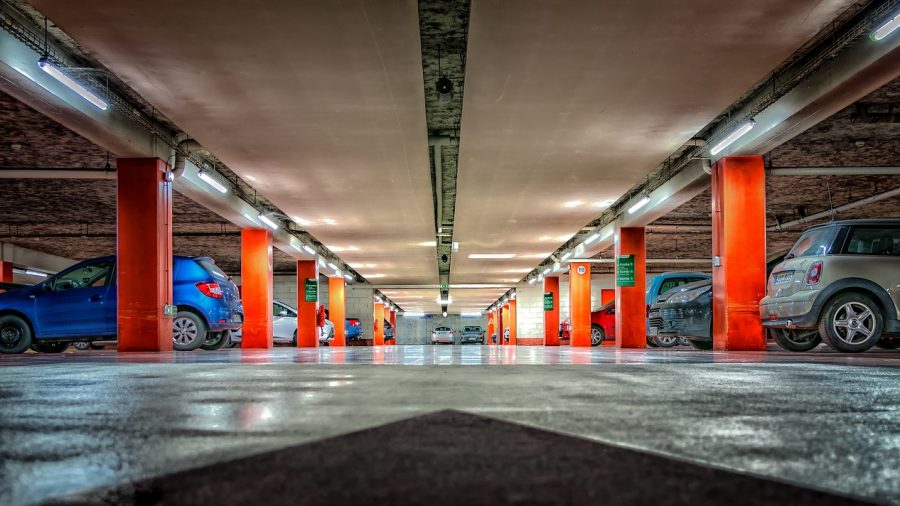One of life’s headaches, especially during holidays, is finding a parking spot. Competition for a parking space seems to bring out the worst in people. So there are two trends that may bring some relief: automatic parking apps that do it for you, or not driving at all.
Apps are easy
Many cars already have automatic parking features, but don’t yet know how to find a space to park in. This is quickly changing. Frost & Sullivan, a US researcher, says 30 million people in the US and Europe are already using parking apps. These apps are tracking 57 million on- and off-street spaces.
The next step will be parking apps included with cars. BMW’s navigation system in its 2018 models will include the Parkmobile app. It can show you available garages and pay parking meters. The ParkNow service reserves a space, pays for it, and some garages will even allow drivers to scan a barcode on their phones to open the gate.
Australians are using ParkMe, Kerb and ParkWhiz, to find and reserve parking before they leave home. Some apps, like ParkHound, even make the most of driveways or parking spots that their owners do not use.
Don’t drive
The obvious alternative to automatic parking apps is not to drive at all. This used to be a merely personal choice. But there is a clear society trend towards not owning cars, not driving, and favouring other forms of transport. Cars are parked 95% of the time – which makes parking very important – but take up huge amounts of space in crowded cities. What could be done with this land if there were no cars parked on it?
Thanks to urban consolidation around transit nodes and corridors (building around the ways people get around), there are a lot more opportunities for walking, cycling, or taking light rail. As people tend to move out of outer suburbs into the cities, they naturally have less need to drive. Many young people do not even want to drive.
Park by numbers
Next time you have to drive, try parking at your shopping centre the way some mathematicians recommend:
- Head to the corner farthest from the shopping centre where there should be more free spaces
- If you can’t find free spots close, time spent walking the little distance from a further spot makes up for time taken to drive there
- Use the “skip a few” strategy computer searches use – skip the second aisle and head down the third, try the sixth aisle, then 11th.
When all vehicles are autonomous, they won’t need to park so often and, even if they do, their apps will find spots. The days of parking stations, like their spaces, may be numbered.


your opinion matters: